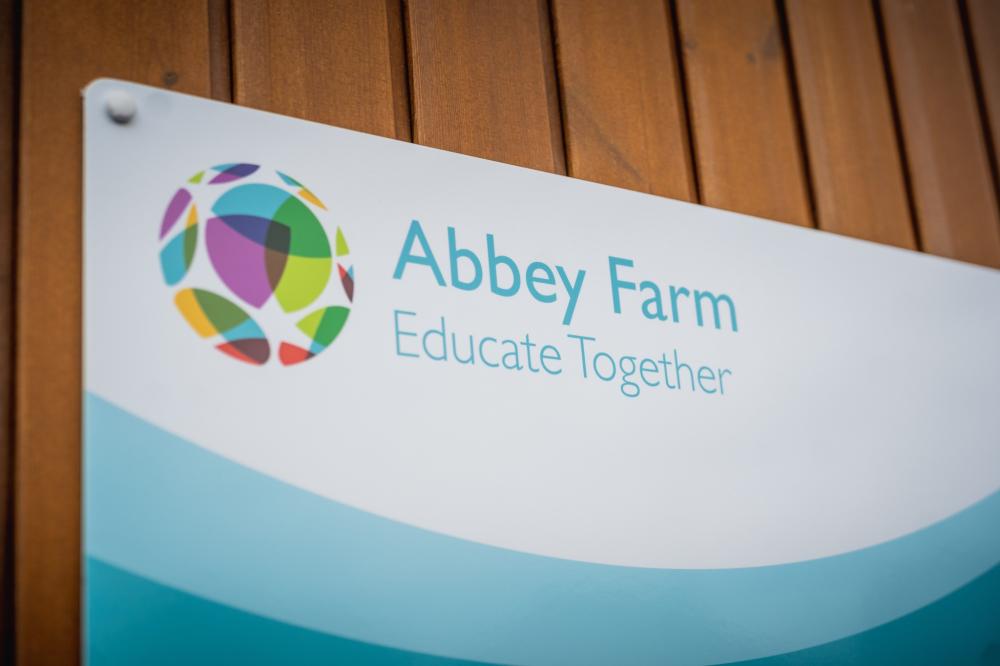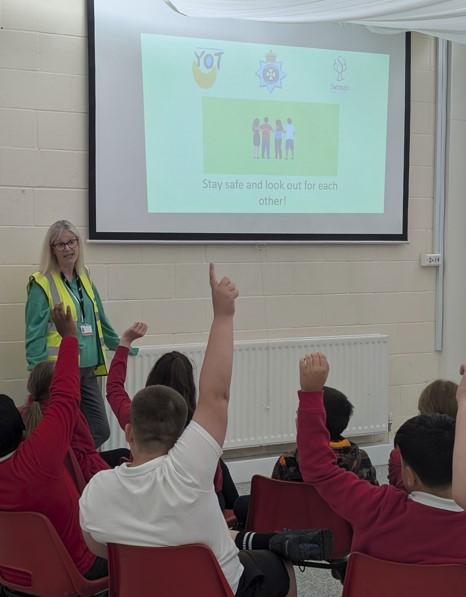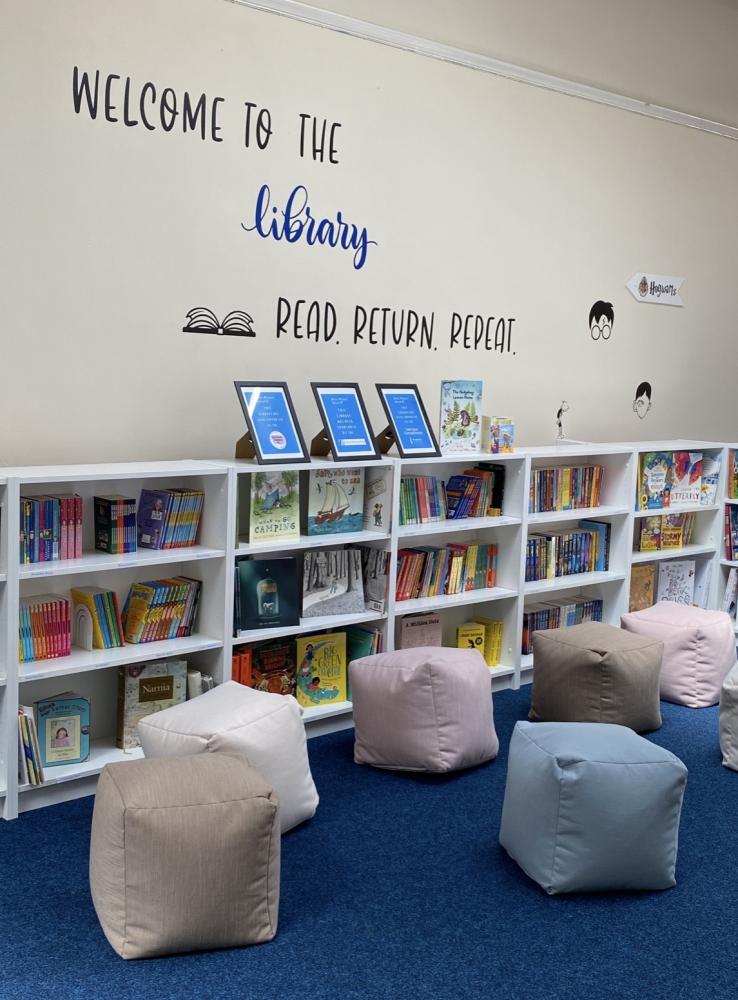Grange Infants’ School in Delamere Drive, Stratton St Margaret was judged as 'Good' in the latest Ofsted inspection.
The report said: "Grange Infants’ is a welcoming and friendly school. Leaders and staff ensure that pupils follow the school’s motto of ‘don’t just fly, soar!’ As a result, pupils enjoy coming to school. They talk confidently about their learning and the activities they enjoy. Most parents and carers speak highly about the care and attention that staff show towards pupils.
"Leaders and staff have high expectations for pupils’ behaviour. The school rules help pupils to be ready to learn, respectful and safe. Pupils respond well to the school’s routines, both in and outside of the classroom. This starts in the early years where children settle quickly and are eager to learn. Across the school, the environment is calm and productive.
"Pupils feel safe. They value the positive relationships they have with staff. Pupils say that staff listen to them and support them if they have any worries. Pupils learn how to be kind, caring and tolerant of each other. Pupils enjoy a wide range of sporting, dance and musical experiences. They value becoming members of the school council. Pupils say that these roles give them a voice to make the school even better."
This is the first inspection since the school became an academy and part of the White Horse Federation multi-academy trust. Before that the school was judged as 'requiring improvement'.
Inspectors carried out deep dives in these subjects: reading, mathematics and computing. For each deep dive, the inspector met with subject leaders, visited a sample of lessons, spoke to teachers, spoke to some pupils about their learning and looked at samples of pupils’ work.
The report said: "Leaders describe teaching pupils to read as the ‘bread and butter’ of what they do. They ensure pupils can read well and develop a love of reading. Pupils enjoy listening to the stories their teachers read to them. They talk confidently about the books they have enjoyed reading. Children learn phonics as soon as they start school.
"Leaders ensure that staff have the training and resources they need to teach reading effectively. The books that pupils read are well matched to the sounds they know. Staff use agreed strategies to support pupils to read. This means that pupils use their knowledge of phonics well when reading. As a result, pupils become increasingly fluent, accurate and confident readers. Teachers use assessment well to identify gaps in pupils’ reading knowledge. If pupils fall behind, they receive the support they need to keep up.
"The curriculum is well planned and sequenced in several subjects, such as mathematics and computing. In these subjects the curriculum prepares pupils well for their next steps. For example, in the early years, the computing curriculum provides children with secure knowledge that builds in Year 1. Staff have strong subject knowledge. They explain subjects clearly so that pupils understand their learning. For example, in mathematics, pupils develop and apply their mathematical vocabulary well and solve mathematical problems. Teaching revisits important knowledge so that pupils remember more. In mathematics, pupils talk about what they know and recall their learning.
"Teaching often includes checks on what pupils know and remember to inform future learning. Where this occurs, for example in reading and mathematics, assessment is used effectively. However, assessment is not used as well in some areas of the curriculum. Sometimes teaching does not check what pupils understand. As a result, pupils do not build on what they already know.
"Pupils with special educational needs and/or disabilities (SEND) learn the same curriculum as their peers. Leaders identify and assess their needs quickly. Staff know pupils well. However, pupil support plans are not precise. This means that some pupils with SEND do not learn as well as they should.
"Pupils have positive attitudes towards their learning, including in the early years. Children take turns and play well together. Disruptions to learning are rare. This enables pupils to get on with their learning. Leaders support pupils’ personal development well. Pupils understand the importance of healthy eating and keeping fit. Pupils learn about difference and understand the importance of treating others kindly.
"Governors and trust leaders share leaders’ vision and know the school well. Staff appreciate the sense of community and teamwork that exists. They value the way in which leaders consider their well-being and workload."








Your Comments
Be the first to comment on this article
Login or Register to post a comment on this article